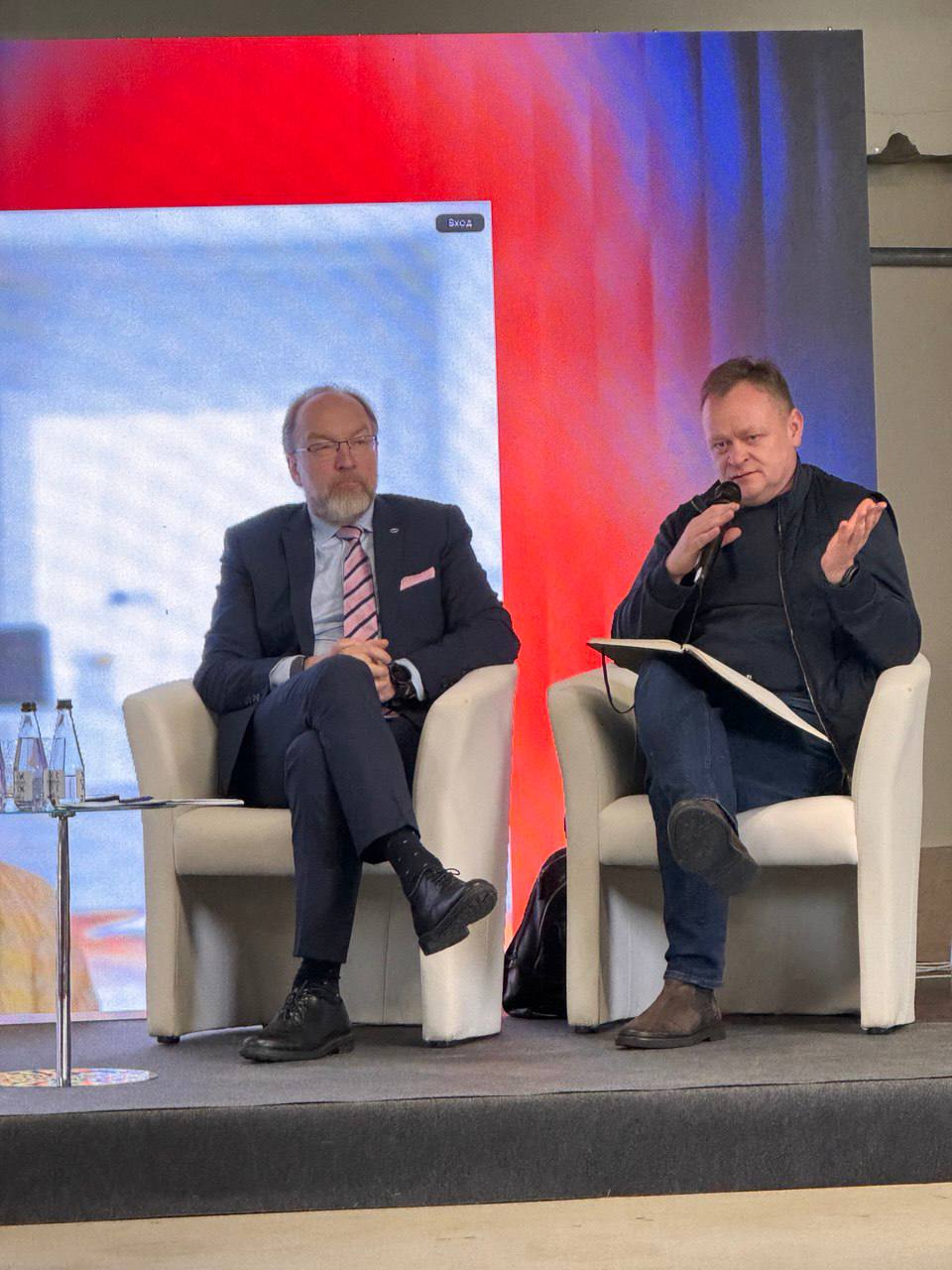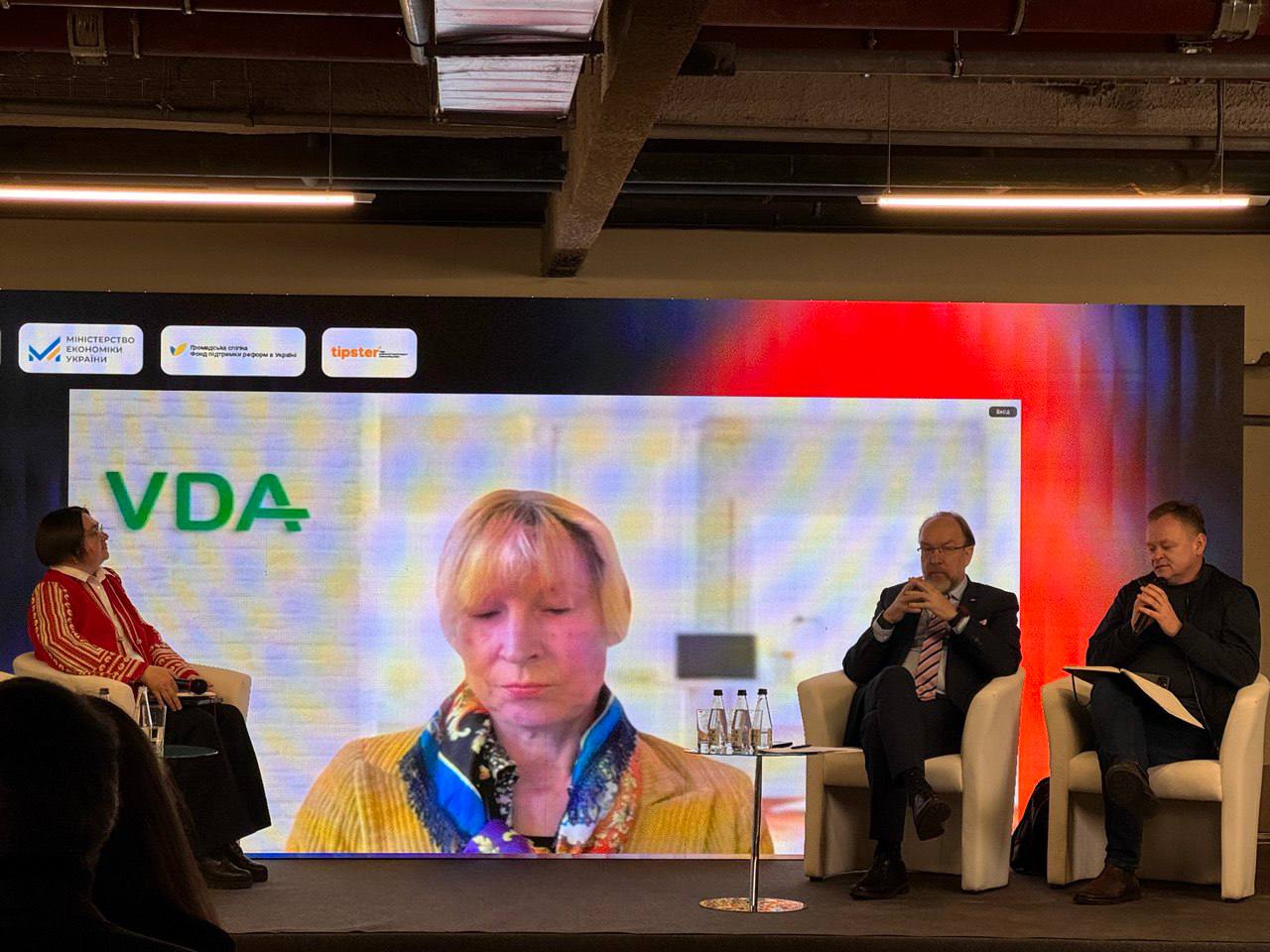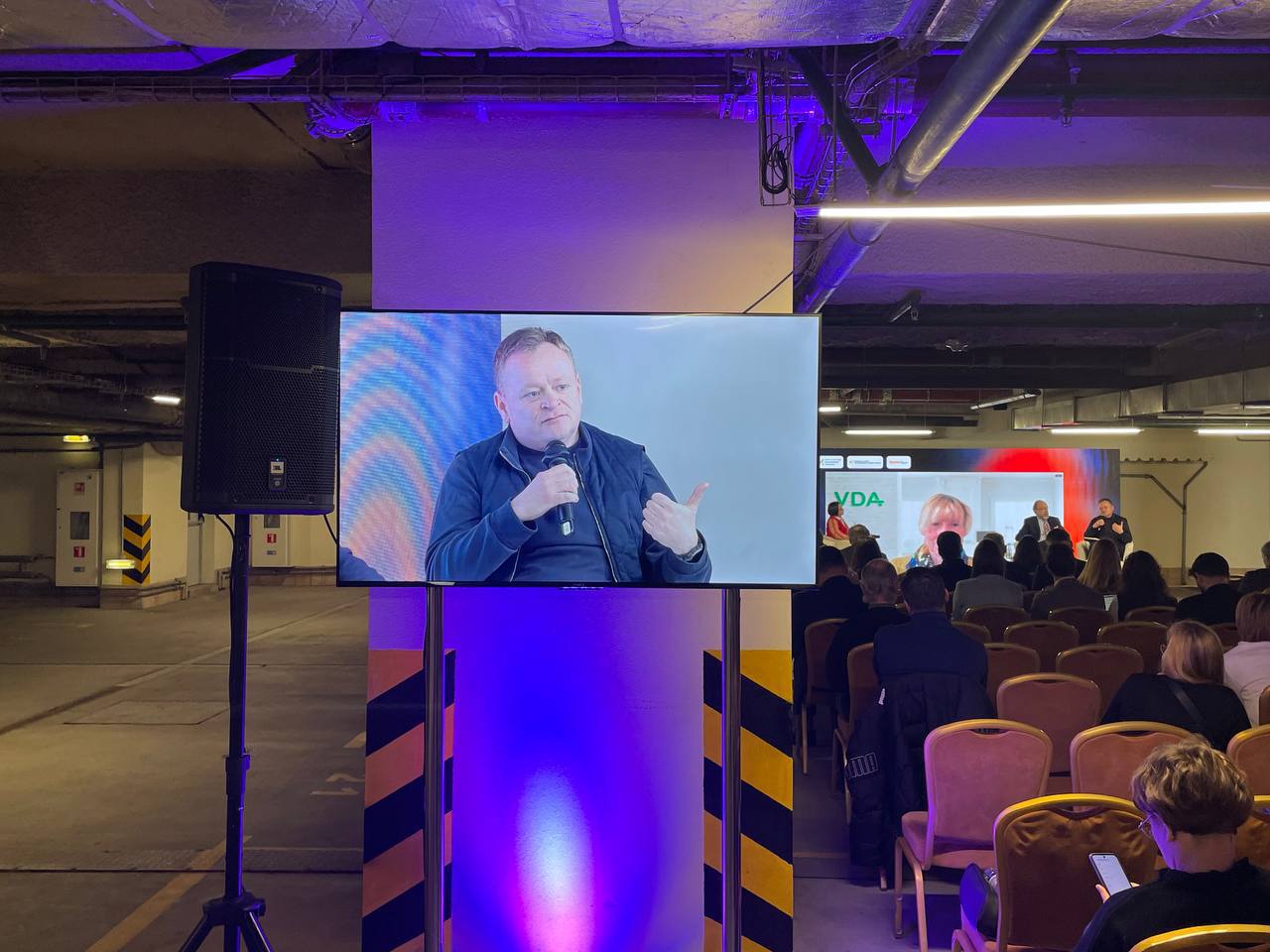Ukraine is the European Union's food shield, and cooperation between the two countries should be strategic. This was stated by Andrii Dykun, Chairman of the Ukrainian Agri Council (UAC), during his speech at the International Trade Forum in Kyiv on March 5.
He emphasized the importance of correct perception of the Ukrainian agricultural sector in the EU. According to him, there is a misconception in many European countries that Ukrainian agriculture is concentrated in the hands of large agricultural holdings.
“Do you remember the protests of Polish farmers when our borders were blocked? They had a very simple rhetoric: all the land in Ukraine is in the hands of a few oligarchs. Perhaps, with the help of Russian propaganda, this message was fixed in the minds of not only Polish farmers. But Ukraine's strength is that small and medium-sized agribusinesses cultivate 70% of the land. And it is very important to convey this to our European partners, because it completely changes the picture,” said Andrii Dykun.

The UAC is actively working to change this perception among European agricultural communities.
“Every EU country has agricultural associations that protect the interests of their farmers. We regularly meet with their representatives, tell them why they should not be afraid of Ukraine, share real stories of our farmers. And it works. For example, after our talks, German agricultural associations fully support us. Yes, there are certain fears and stereotypes. But if you don't talk, if you don't explain, nothing will change,” he emphasized.
According to the UAC Chairman, Ukraine and the EU should work together to ensure global food supply.
“We should not fight for quotas or argue about who is interfering with whom in the EU market, but should talk about a common strategy. The world's population is growing. We always tell our partners in Europe: you cannot feed the world alone, and we cannot feed it either. Ukraine has fertile land, but we need technology and equipment. Ukraine is the EU's food shield. We will strategically make Europe stronger - this is our position and our way,” said Andriy Dykun.

At the same time, he emphasized the serious challenges faced by Ukrainian farmers.
“The biggest problem today is the war. In order to enter the EU markets, we need to invest in technology, because the European market is about quality. And it is extremely difficult to make large investments during the war without any guarantees,” he said.
Another challenge is the adaptation of the Ukrainian agricultural sector to EU standards.
“Today there is a perception that we must quickly adopt European standards. But the EU has strict agricultural legislation, and farmers there are not happy about it either. They have serious restrictions due to environmental requirements, quotas, and regulations. And if we just mechanically impose these rules on the Ukrainian agricultural sector, we can lose a significant part of production. If we want to sell to the EU, we fulfill their requirements. But if we want to export to Africa or Asia, why should we immediately take on all these strict European rules? We need a transition period so as not to destroy our agricultural industry,” he explained.

To solve these issues, the UAC has created an advisory center that develops a strategic vision of agricultural policy.
“We are not waiting for the agrarian strategy to be brought to the table. The UAC has created an advisory center that works in all areas of European integration that are important to us. These include environmental requirements, seed production, plant protection products, tax issues, and preparations for EU accession. We form our own position and communicate it to our partners and the government,” summarized Andrii Dykun.
Wednesday, 5 March 2025